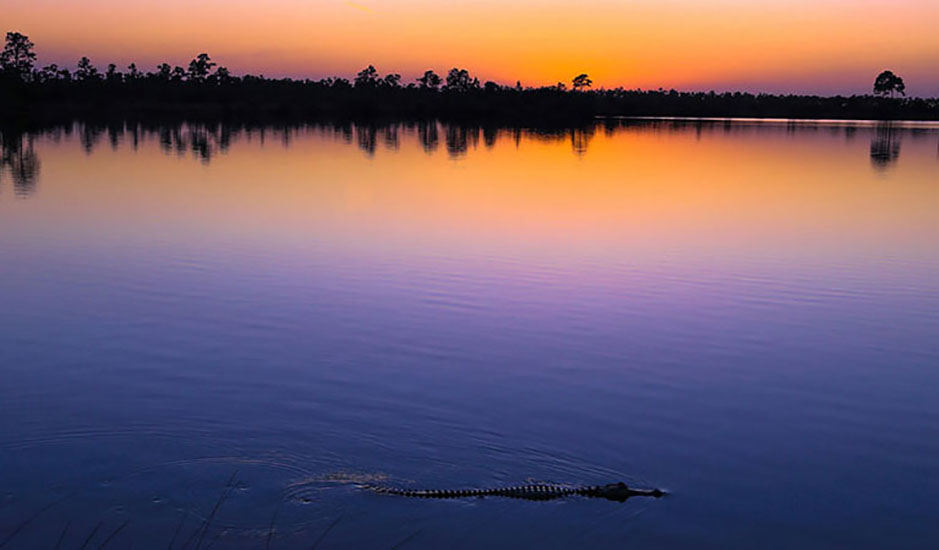Op-Eds, Blogs, and Talks Tackle Environment, Russia, Protest, and Equality

On September 6, Associate Professor of Environmental Studies Jay Turner penned an op-ed for the Seattle Times, Protect More Wilderness with the 50th Anniversary of the Wilderness Act. It was timely in pointing to the anniversary of that watershed act and the need for continuing to preserve the nation’s wild areas.
Early in the Act’s existence the government regularly assigned new areas to wilderness status. (For instance, in 1978 the United States Congress designated the Marjory Stoneman Douglas Wilderness in Florida, now 1,296,500 acres managed by the National Park Service. Douglas, a devoted conservationist and writer, graduated from Wellesley College in 1912. She moved to Florida in 1915 and, inspired perhaps by Wellesley's relationship to the environment—which preserved a certain wildness in keeping with the founders’ vision of a campus that would promise health, freedom, and invigoration—she spent the rest of her life writing and defending the cause for the Florida Everglades.)
But Turner’s article is timely too in pointing out that today there are dozens of wilderness bills waiting in Congress. Times have changed since earlier decades when such bills were considered and acted upon by the legislature under both Republican and Democratic administrations. He says, “The Wilderness Act represents more than just the solitude of the mountains, expanses of untouched desert, or deep forest sanctuaries. The Wilderness Act is testament to something else that, in its own way, is as precious and threatened as wild nature: It is our shared capacity to govern.” He adds, “That tradition of nonpartisan political action is also at risk this anniversary year.”
Legislation stalls, but events do not. The country is still processing the summer’s unrest in Ferguson, Mo., where an African American teenager was shot by a police officer, and ensuing protests were met with harsh backlash.
On September 7, Associate Professor of Political Science Hahrie Han wrote for the Oxford University Press’s blog, Academic Insights for the Thinking World, a piece called Moving from Protest to Power. She poses the question, “How can the majority black protestors translate their protests into political power in a town that currently has a virtually all-white power structure?” It must start by transforming people, she concludes—transforming them so that they people understand that they can lead and make change. Says Han, “Research shows that 79 percent of activists in the United States report becoming engaged through a civic organization,” and she goes on to share models from her research on how community organizers can be successful.
She also wrote in Medium.com on September 5, exploring the theme of civic engagement and the act of community organizing as a theory of social change. As we enter a season of heated political campaigns, understanding the difference between organizing and mobilizing that she sets out in What Is Organizing may help us understand the churn around us.
Looking abroad, Wellesley Russia Area Studies faculty continue to keep a finger on the pulse of events and trends in Russia and environs. This year's annual Russian Area Studies panel, entitled Russia NOW, will shed light on this central region of the world in a time of momentous transition. Professor of Russian Thomas Hodge will moderate the panel that includes Professor of History Nina Tumarkin, Kathryn Wasserman Davis Professor of Anthropology and Professor of Slavic Studies Philip Kohl, and Nadiya Kravets, postdoctoral fellow at Harvard's Ukrainian Research Institute and the Davis Center for Russian and Eurasian Studies.
“Not since the collapse of Communism a quarter-century ago has Russia appeared so dominant in global affairs,” says Tumarkin. She reminds us: Two years ago, Vladimir Putin stormed into his third term of office as president in the wake of the biggest mass protests his country had seen in decades. The February 2014 Olympic Games at Sochi trumpeted the classics of Russian music, ballet, art, and literature and celebrated that country’s sweep of gold medals—but raised sharp issues of intolerance. The very next month, Russia annexed the strategic Crimean peninsula with astonishing speed as Ukraine, weakened by a popular revolution and factionalism, could only look on. “Now in Eastern Ukraine,” Tumarkin summarizes, “Russian-backed separatists, funded, armed, and joined by Russians in conflict with the Ukrainian military, threaten to split that country, even as Presidents Putin and Poroshenko inch toward possible scenarios of peace at the cost of a weakened Ukraine. Our panel of experts will shed light on these crucial events, and offer insights on the situation within Russia, Eurasia, and Ukraine.”
That panel will convene on September 10 at 8 p.m. in the Margaret Clapp Library Lecture Room.
Wellesley offers boundless opportunity to gain insight on matters of local, national, and global scope, both from Wellesley faculty and their guests. Later this week at the annual Goldman Lecture in Economics, Angus Deaton, one of the world's leading development economists, takes us on an extraordinary journey—from an age when almost everyone was poor and sick to one where most people have escaped these evils—and he tells us how the billion still trapped in extreme poverty can join in this great escape. The talk is “The Great Escape: Health, Wealth, and the Origins of Inequality” and will be held September 11 at 8 p.m. in Tishman Commons at the Lulu Chow Wang Campus Center.
